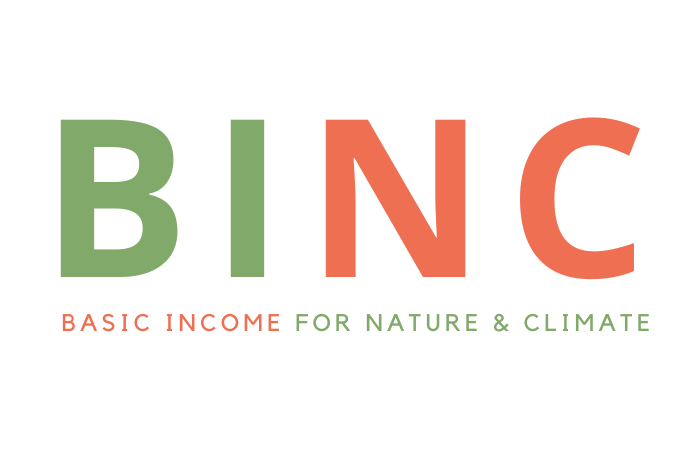
The newly founded FRIBIS team Basic Income for Nature and Climate explores the connection between basic income, climate change, and biodiversity conservation. The team’s coordinator, the Indonesian researcher Ni Made Rahayu Maitri, has agreed to be interviewed about her research group.
1. What is your team about and what are you doing?
Our Basic Income for Nature and Climate (BINC) research group is interested to explore and investigate the possibility that a basic income scheme can contribute to addressing climate change and biodiversity loss, and thus can be linked to conservation objectives. If such a scheme is possible, we see that this can be a new and doable approach that can be used to address current social and ecological challenges that are associated with climate change and biodiversity loss. We are focusing our research in Tanah Papua where we propose a basic income scheme for nature and climate whereby the scheme distributes a regular dividend payment to all residing citizens in Tanah Papua via a so called “Forest Carbon Dividend” (FCD). The FCD will be funded from mobilizing financial resources or earnings that are generated from putting a value (price) on the forest carbon stocks that are stored in Tanah Papua’s forest.
2. What motivated you to establish the team?
The initiator of the scientific investigation into the basic income for nature and climate scheme in Tanah Papua which, thus, initiate the establishment of this team is our lead scientist, Sonny Mumbunan. He recognizes that Tanah Papua holds global importance in biodiversity conservation and climate change mitigation and adaptation, so, designing a basic income scheme that is linked to conservation objectives can hold a promising approach to addressing climate change and biodiversity issues. By linking financing sources to carbon stock that are stored in the forest, it could serve as a powerful incentive for the local population to conserve and maintain their forest land to enable a lasting basic income payment. Interested readers can learn more about our proposed scheme from our published report here.
3. What are your goals?
Through our current collaboration with FRIBIS, our immediate goal is to initiate policy dialogue in the local, national and international level. By also doing scientific investigations on the proposed basic income scheme in forest-rich districts, we intend to initiate a policy dialogue and discussion that are based on scientific evidence. In the long term, our goal is that the central government, provincial government and/or the donor community in Indonesia are considering to pilot a multi-year basic income scheme of this kind and undertake a basic income trial in one jurisdiction (district) of Tanah Papua.